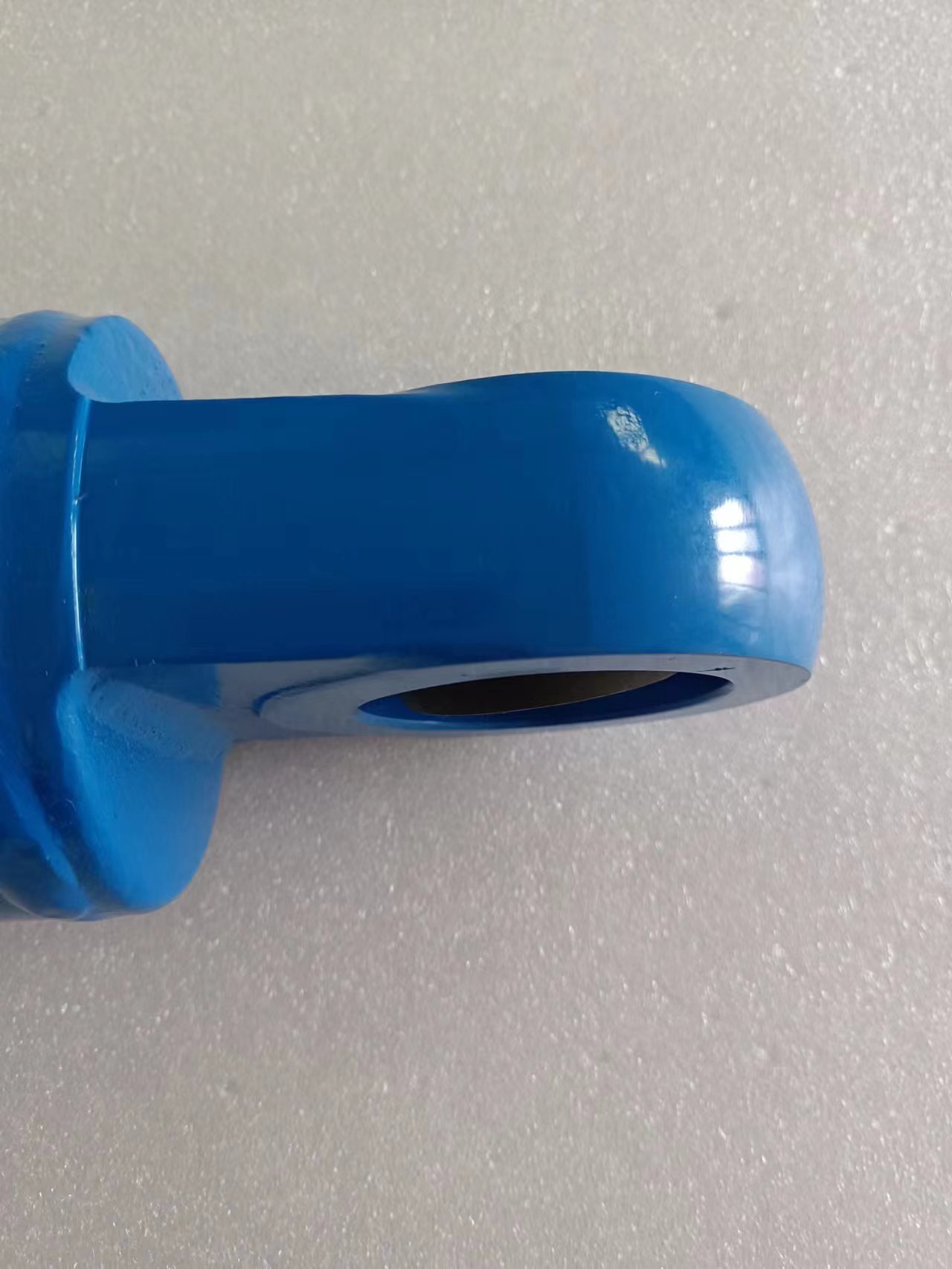Aug . 09, 2024 18:55 Back to list
High-Performance Hydraulic Press Cylinders for Efficient Industrial Applications and Streamlined Processes
The Importance of Hydraulic Press Cylinders in Modern Industry
Hydraulic press cylinders are vital components in various industrial applications, playing a crucial role in the efficient functioning of hydraulic systems. These powerful tools utilize hydraulic fluid to generate force, enabling them to perform tasks that require significant pressure with precision and reliability. This article explores the significance of hydraulic press cylinders, their applications, and the benefits they bring to modern manufacturing processes.
Understanding Hydraulic Press Cylinders
At its core, a hydraulic press cylinder operates based on Pascal's principle, which states that pressure applied to a confined fluid is transmitted undiminished in all directions. This principle allows hydraulic press cylinders to amplify input force, translating it into a much larger output force. Typically constructed from robust materials such as steel or aluminum, these cylinders are designed to withstand high pressures while maintaining structural integrity.
Applications in Various Industries
Hydraulic press cylinders find applications across a multitude of industries, including manufacturing, automotive, construction, and metalworking. In manufacturing, they are often employed in assembly processes, where they can efficiently fit or shape components created from various materials. For example, in the automotive sector, hydraulic presses are pivotal for tasks such as stamping, bending, and forming metal parts, enabling high production rates with excellent precision.
Construction also benefits from hydraulic press cylinders, particularly in lifting and construction equipment. The ability to exert concentrated force makes these cylinders essential in operations like driving piles into the ground or lifting heavy machinery. Furthermore, in the metalworking industry, hydraulic press cylinders are integral for forging and shaping metal into desired forms, which is essential for producing high-quality parts and components.
hydraulic press cylinder product

Advantages of Hydraulic Press Cylinders
The advantages of incorporating hydraulic press cylinders into industrial processes are numerous. One of the most significant benefits is their remarkable strength-to-weight ratio. These cylinders can exert immense force without being prohibitively heavy, thus allowing for easier handling and transportation. Additionally, their ability to generate high force with minimal operator effort enhances efficiency, reducing the time and energy required for operations.
Hydraulic press cylinders also offer superior precision and control. The adjustable pressure settings allow operators to fine-tune the force being applied, which is crucial for delicate tasks where accuracy is paramount. This precision ensures that operations are performed consistently, resulting in uniformity in the products being manufactured.
Moreover, hydraulic systems are typically easier to maintain than mechanical systems. They have fewer moving parts, reducing wear and tear, and often resulting in lower maintenance costs. Additionally, hydraulic fluids used in these systems can also act as a lubricant, further enhancing the longevity of the equipment.
Conclusion
In conclusion, hydraulic press cylinders are indispensable tools in the modern industrial landscape. Their ability to provide significant force, coupled with precision and efficiency, makes them a preferred choice in various applications. As industries continue to evolve and seek more efficient ways to enhance production, the role of hydraulic press cylinders will only become more critical. Investing in high-quality hydraulic press cylinders can lead to improved operational efficiency, reduced costs, and enhanced product quality. As technology progresses, we can expect further innovations in hydraulic systems, which will undoubtedly shape the future of manufacturing and industry as a whole.
-
1.5 Ton Flipping Oil Cylinder 70/82-40-217-720-Hebei Shenghan Hydraulic Machinery|Precision Hydraulic Cylinder,Custom Hydraulic Solutions
NewsAug.29,2025
-
1.5 Ton Flipping Oil Cylinder 70/82-40-217-720 | Hebei Shenghan Hydraulic Machinery Co., Ltd.
NewsAug.29,2025
-
High-Precision [90/105-50-180-480] Industrial Component | Durable & Reliable
NewsAug.27,2025
-
High-Performance Set of 50/60-45-290 471 | Durable & Reliable Components
NewsAug.26,2025
-
Efficient Pallet Truck Power Units - Reliable Hydraulic Systems
NewsAug.25,2025
-
Premium Set of 50/60-45-290 471 Parts | High Performance
NewsAug.24,2025
